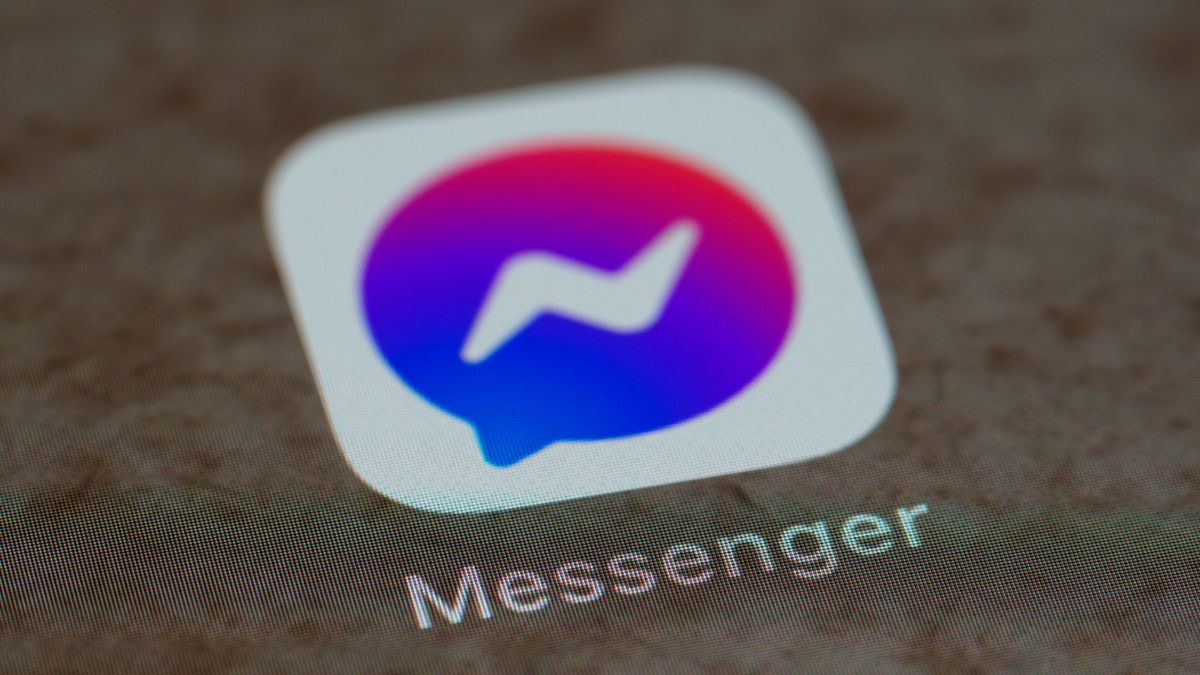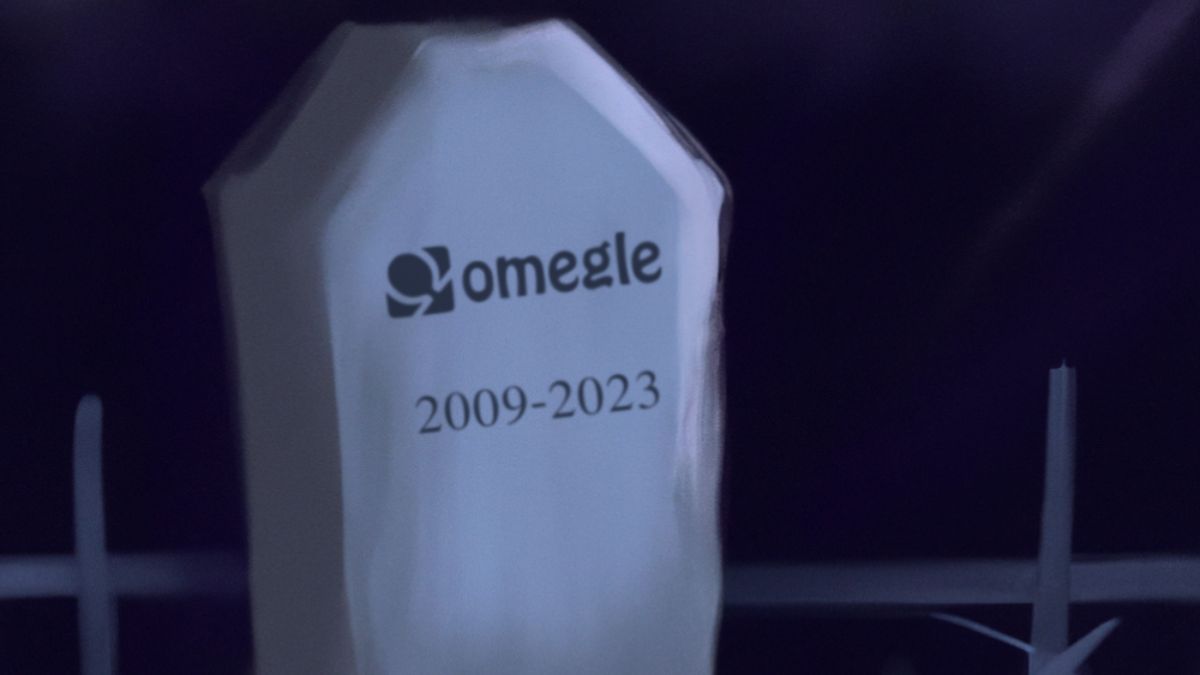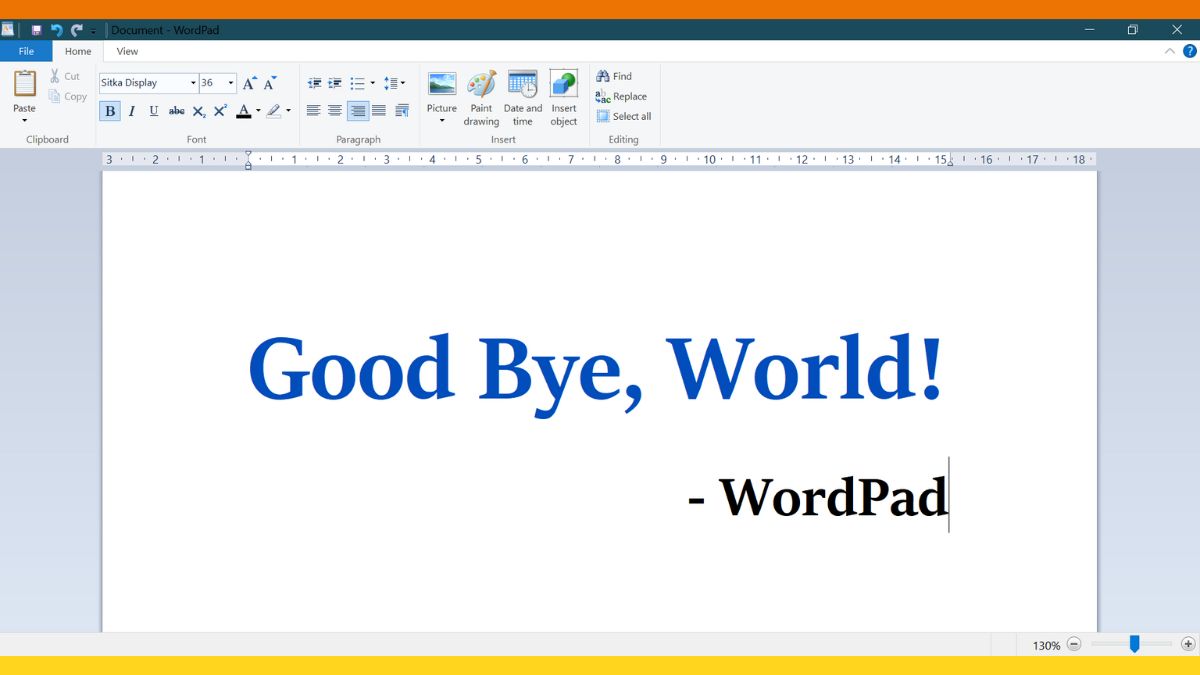- By Vikas Yadav
- Sun, 31 Dec 2023 08:44 PM (IST)
- Source:JND
Year Ender 2023: New Year 2024 is a few hours away, and it is time we recognise the popular services that exited the tech landscape this year. While 2023 was a year filled with opportunities, thanks to AI, the times were tough for a range of apps and services that unfortunately stopped operations across the globe. For a detailed view, here are the top tech services that marked a full stop on their operation this year.
Google Currents
The search giant announced that Currents would shut down on July 5, 2023, to focus on community experiences integration within Google Workspace. According to The Verge, the Google+ replacement debuted in 2019 and was replaced by Spaces. "Spaces is a feature of Google Chat, where you and others can discuss topics, interests, and projects," according to the tech maker. Google Chat is available on smartphones and the web.
Messenger Lite App
 Messenger Lite was over five times smaller in size compared to its full-fledged counterpart. (Image:Unsplash)
Messenger Lite was over five times smaller in size compared to its full-fledged counterpart. (Image:Unsplash)
Announced in 2016, Meta designed the app for less-powerful Android phones but closed it in September 2023. Users flocked to Messenger and FB Lite to continue chatting. In 2020, the app was closed on iOS, according to TechCrunch. It was over five times smaller in size compared to its full-fledged counterpart. After the shutdown, the chats were still available on Messenger.
YouTube Stories
Google announced the departure of Stories to make room for Community posts and Shorts and better compete with global players like Instagram Reels and TikTok. The option to create a Story was revoked on June 26, 2023. YouTube Shorts, the alternative to Stories, has been deeply integrated into the native video-streaming experience and continues to gain traction as a short-video content space.
Google StreetView App
The tech giant shut down the app in March this year from Android and iOS devices (possibly to not make it a Maps' alternative in some cases). Google StreetView app allowed users to upload 360-degree photos and check out a holistic view of a location. Users can still contribute 360 imagery via the StreetView Studio web. As a replacement, the company is supercharging Google Maps with features such as 'Immersive View' and more.
Apple's Dark Sky App
The Cupertino-based tech giant deprecated the weather forecasting service application Dark Sky in early 2023. As a substitute, Apple implemented some of the features of the app within its native weather app. According to Lifewire, the app offered hyper-local rain forecasts like no other app and could tell you when the drops will fall down to the minute.
Omegle
 Omegle was a web-based online chat service that paired people in one-to-one video chats anonymously. (Image:Omegle)
Omegle was a web-based online chat service that paired people in one-to-one video chats anonymously. (Image:Omegle)
The popular video chatting service marked a sudden full stop on service in November this year. The reason given by founder Leif-K Brooks was that sustaining Omegle was "no longer sustainable, financially nor psychologically." According to The Verge, the website slowly gained a reputation as a sexual abuse platform, leading to a lawsuit in which Omegle was accused of connecting a sexual predator and an 11-year-old girl.
Cortana On Windows
After years of falling popularity, Microsoft's official Windows assistant witnessed deprecation as a standalone app in August this year. The effort was to draw users to the revamped Copilot and Bing's AI-based enhancements. The Alexa, Siri, and Google Assistant rival debuted in 2014. For context, the Redmond-headquartered tech giant is betting big with Copilot, its GPT-4 powered AI chatbot that can also generate images using DALL-E 3.
Microsoft Wordpad
The Windows maker announced in September that it plans to remove Wordpad, the feature-deficient version of Microsoft Word, from Windows. Microsoft said WordPad will no longer get updates and shall be removed from the future versions of Windows. The move probably aimed to push the paid word processor and Office suite for rich text formatting and managing .doc and .rtf files.

